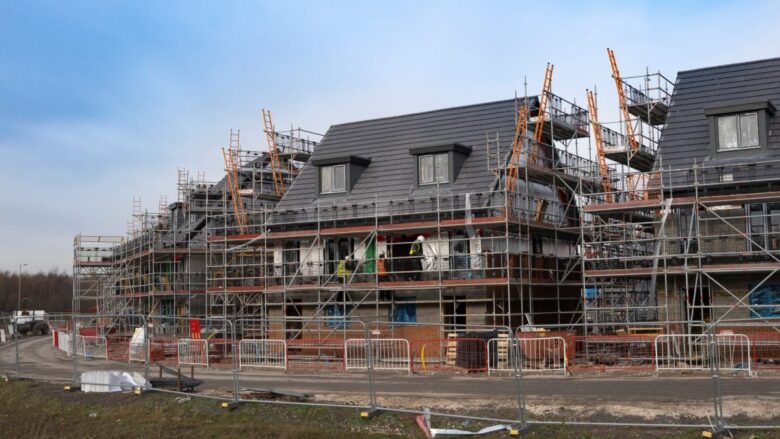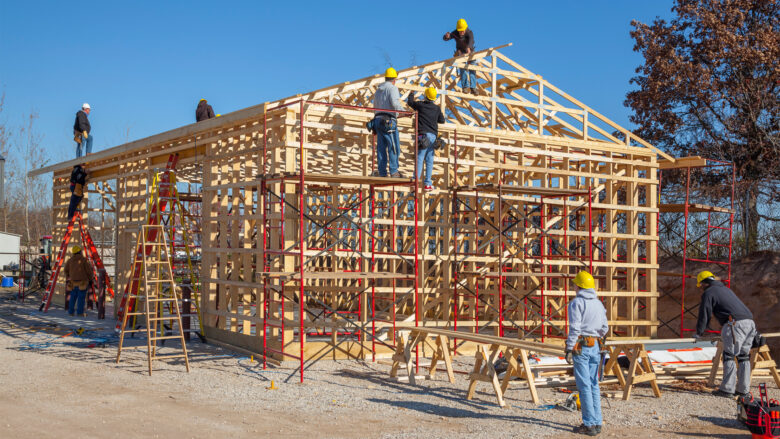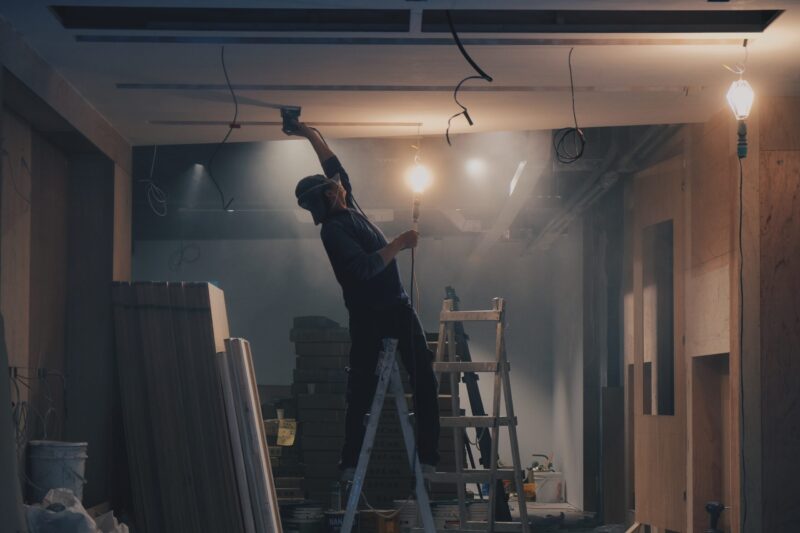If someone is purchasing a newly constructed home, and it is sold with a builder’s warranty, that’s great. It means that the builder is going to assume financial responsibility if something breaks -; right? Unfortunately, this is not exactly the case. Builder’s warranties are given to most new construction buyers, but it will cover certain features in and on the home.
To discover exactly what a builder’s warranty covers, visit www.2-10.com or keep reading.
Builder Warranty versus Home Warranty

Before diving into any more specifics, it is important to understand the difference between a home warranty and a builder warranty. While the two may sound alike, there are some essential differences between these two that need to be understood.
The main difference is that builder warranties will cover all new construction or when a remodel is handled by a builder. Usually, a newly built home will come with a builder warranty.
Home warranties will apply to any existing property and are designed to cover certain appliances, such as the garbage disposal, range, oven, etc. They also cover specific home systems, such as heating and cooling, plumbing, electrical, etc. While the builder warranty is provided by the builder (as the name implies), home warranties are purchased by the buyer of the home or property.
What Is and Is Not Covered?

The lifespan of builder warranties is dependent on the property’s specific features. While this is true, on average, the builder warranty will last for around six months to two years. There are some that may last for up to 10 years. Usually, the ones with a longer time frame only cover the “major structural defects” that may occur. An example would be an unsafe roof.
Even though there are differences in warranties from one builder to another, generally, they should cover all of a home’s workmanship and materials. Usually, this will include landscaping, concrete floors and foundations, shingles, clapboards, dry basement, septic system, carpentry, heating and cooling, thermal and moisture, electrical, waterproofing, plumbing, insulation, paint, siding and roofing, garage doors, windows and doors, and glass.
With this in mind, it is time to know what these warranties will not cover. Some of the things that are not covered include household appliances, the shrinkage of joints and mortar cracking, normal paint fading, expansion or shrinkage of the structure, defects due to work done by the homeowner or someone else after the builder’s work is complete, insect damage, condensation or dampness resulting from a homeowner not maintaining proper ventilation, and weather-related problems or damage.
Essentials for a Builder’s Warranty

While the builder’s warranties are absolutely essential when purchasing a new home, it should not make a buyer feel overly comfortable. Builder warranties may provide the buyer with a false sense of security. This is why the buyer needs to be careful. They may assume that something in their home is fully covered when it really is not.
It is up to a home buyer to ask the builder for any details of the warranty and, if possible, get an attorney to inspect the contract. This is a huge negotiation, as the builder wants to make sure they are responsible for absolutely nothing, and it is in a buyer’s best interests to have the builder responsible for as much as they can.
Before signing the contract, be sure to know not only what is being covered but what the builder’s warranty does not cover, as well. It is also important to know the total length of the coverage.
According to experts, it is necessary to let the builder know if something happens to go wrong during the warranty period. If the builder is not notified based on the instructions outlined in the contract, it may void the warranty completely.
In many cases, the main disagreements will occur when the cause is unclear. For example, was the damage caused by neglect while the structure was being built or because of misuse by the person who lives in the home. If homeowners make the decision to clean paint brushes in the kitchen sink but do not realize this is going to cause serious damage to the septic system, they are going to be responsible for replacing this system, out of their own pocket. This is an essential consideration and one that cannot be ignored.
However, this is not always a cut and dry situation. If a homeowner acted in good faith and they work with the builder, the builder will be much more likely to provide assistance. This is even the case if the issue is not included under the warranty. If a builder happens to go out of business, this would be a situation where all bets are off. In most situations, this is going to be a case where the buyer is out of luck.
So, what is the bottom line? If someone purchases a new home or building, be sure to get the builder’s warranty. However, a homeowner should not rely on the warranty covering anything that may go wrong with the home. While it is necessary to try to get as much coverage from the builder as possible, the maintenance fees and repairs that come with owning a home are all part of the deal.
Getting the Right Builder’s Warranty
When it comes to getting a builder’s warranty, there are more than a few factors that must be considered. It is essential to work with the builder to get a warranty that is going to provide the level of coverage that is needed. While these warranties are typically provided with a new build, this is not the case for homes that are not new when they are purchased.
Builder’s warranties are important, and they can be an invaluable resource. Keep this in mind to ensure that the desired results are achieved, no matter what those are or what a homeowner is looking for. Being informed is the best way to ensure that the best coverage is received.


